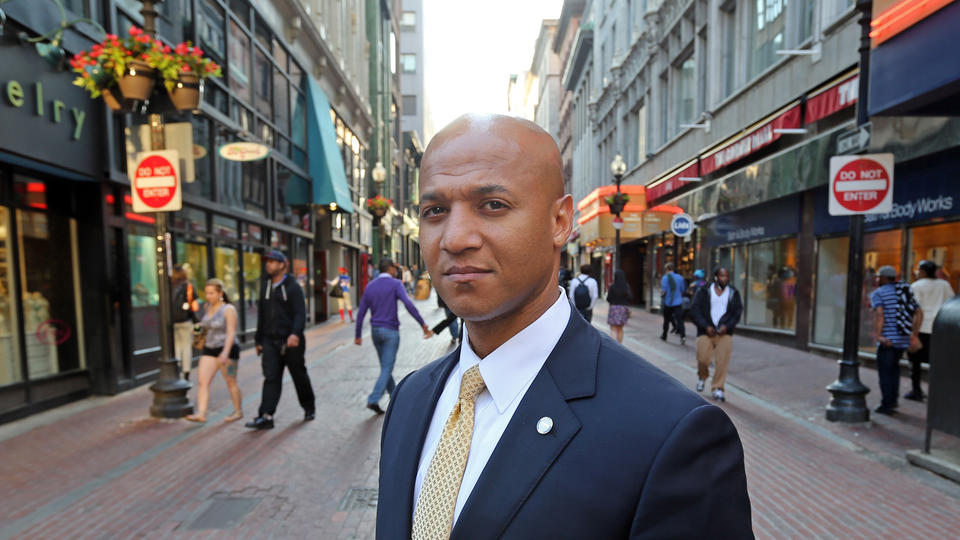From: Bostonherald.com
Boston is beefing up its economic development staff this year to try to attract more businesses to the Hub and plans to designate go-to people in City Hall for various industries.
“We are adding a few new employees, particularly around the business development part of the work. It allows us to pay closer attention to certain sectors around our economy, be a point person,” said John Barros, head of economic development for Boston.
Boston recently hired its first startup czar to be the main person in City Hall to work with and for the city’s fledgling tech companies. Now, Barros said, the city will expand on the idea, bringing in people to run the city’s interactions with sectors including biotech and health services, financial services and education.
He said those point people will be responsible for supporting existing businesses as well as convincing new ones to move to Boston.
The city will be “aggressively pursuing new business, aggressively helping business scale,” Barros said. “We are going to take a more proactive role in marketing Boston, talking about Boston as a place that is a great place for investment to bring your company, to increase the jobs in Boston.”
He said his office will also work to make being in Boston easier for businesses, including by streamlining permitting and coordinating business development strategies with real estate development plans.
“Business development is a big priority for us, neighborhoods and citywide,” Barros said. “Place-making matters as you think about business development strategy.”
Earlier this year, California software company Autodesk announced plans to move its Waltham office to Boston, bringing around 150 jobs into the city.
The money for the hires is part of the budget approved by the City Council last week, which gives the Office of Economic Development a roughly 18 percent increase in funding. Still, the economic development cabinet, which also includes the offices of tourism, licensing and consumer affairs, is the lowest funded group in the city, he said.
Barros also said his office is looking at how it can work with nearby cities.
“You will see more regional type initiatives and partnerships that we will roll out,” Barros said.
Last year, Braintree, Quincy, Boston, Cambridge and Somerville announced a plan to work together to support the strong biotech industry in those cities.
Another priority this year, Barros said, will be to understand and address economic disparity in Boston. Economic development will commission a study soon to find ways to narrow the wealth gap, Barros said.








Leave a Reply
You must be logged in to post a comment.